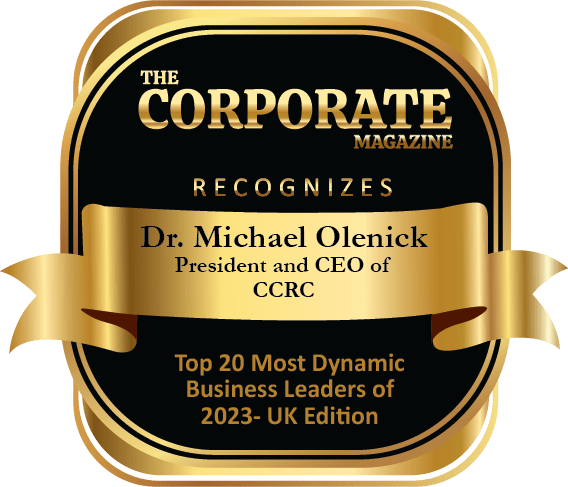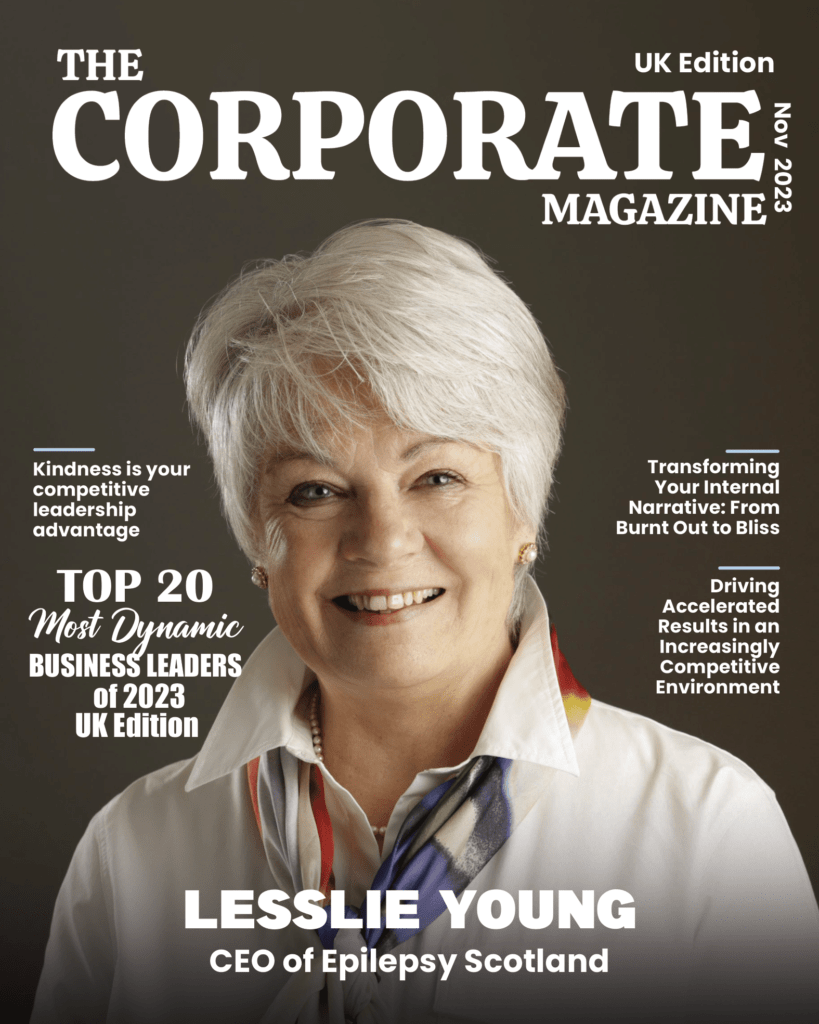children, families in a 22,500-square-mile service area every month, and continues to conduct all of their programs virtually, including case management and coaching sessions, mental health consultations, and online learning. They have also been regularly providing cleaning supplies, learning materials, personal protective equipment, and food to families and providers.
Over the last eight months, they have enrolled an additional 6,153 children into child care. CCRC has distributed $6 million in cleaning supplies, 11,000 children’s books, 225,000 face coverings, 400,000 diapers, and almost 13,000 bags of food during this pandemic. “We were humbled when one provider in Montebello told us she was able to continue operating her facility, where she cares for 14 children, because of CCRC,” says Dr. Michael Olenick, President and CEO of CCRC. “The present pandemic hit her hard financially at the onset of this public health dilemma, but thanks to the critical supplies, training, and COVID-19 health and safety updates she receives from CCRC, her facility remains open.”
Dr. Olenick believes in teamwork and that every team member has the voice and expertise contributing to the organization’s success. “My special skills include weaving together a variety of viewpoints into a coherent vision. I pride myself in being able to identify highly skilled, self-motivated, and responsible individuals to be part of my team and then I give them the freedom to manage their part of the organization,” he says. Each division must have a strong leader and a strong management group that believes in CCRC’s mission, vision, and values. “My responsibility is to make sure that clear and timely communication occurs and everyone rows in the same direction. We follow a few principles closely including continuous quality improvement, revenue diversification, solid business practices, data driven decision making, brand recognition, and ethical operations.”
According to Dr. Olenick, the public often seems to think that non-profits are poorly managed, underfunded, and that staff is poorly paid or volunteers. However, to be a successful non-profit CEO, one has to follow the same business principles that any for-profit company follows. “We have overhead costs just like any other organization and are required to follow the same laws and regulations. And, since we are managing public funds, we have additional requirements that we are required to meet that often make it difficult to make ends meet,” says Dr. Olenick. “During my 17 years as CEO of the CCRC, the agency has grown from an $89 million budget and 300 employees to our current $360 million budget with 1,000 employees. CCRC is a complex organization managing over 60 individual contracts & this doesn’t happen by accident.”
Under the aegis of Dr. Olenick, CCRC has been utilizing Jotform, a software designed to create surveys and forms, to keep track of applications for their services and allows them to track requests in real-time. Recently, CCRC included the other nine Subsidy/Resource & Referral agencies in Los Angeles and San Bernardino Counties to use the form, which allows all of them to know the need for services in real-time across the two counties. “This has enabled us to get resources into the community quickly and to keep our public partners informed of progress,” he elucidates. “One program I am particularly proud of is the Foster Care Bridge Program. Three years ago, we piloted a program to support foster parents who needed child care in order to accept a foster child. We developed a three-part program that included an emergency voucher for the foster parent to pay for immediate child care, a navigator for the foster parent to identify a more stable child care situation, and training for the child care provider to address the trauma that the child may bring to the child care setting.” This pilot, evaluated by our Research & Evaluation department, has now been adopted by the state, and is operating in every county in California.
Discussing the present pandemic, Dr. Olenick says that it has become apparent that essential workers need child care to provide their services. Many of these workers are low-income earners, and without financial assistance, they cannot pay for child care. “We have received additional funding from the Federal Government, the state, the county and the city to ensure that child care is available and affordable for essential workers,” he adds. “Thousands of families and child care providers have reached out to us for additional support and we have risen to the occasion in many ways.” The COVID pandemic has hit children extraordinarily hard. “We are particularly concerned about child care providers who are caring and educating children who may be reacting in unusual ways to the stress and anxiety that their families are feeling,” says Dr. Olenick. “We are kicking off a consultation program where we can provide Mental Health services to child care providers to address the behaviors their children may be exhibiting.”





















